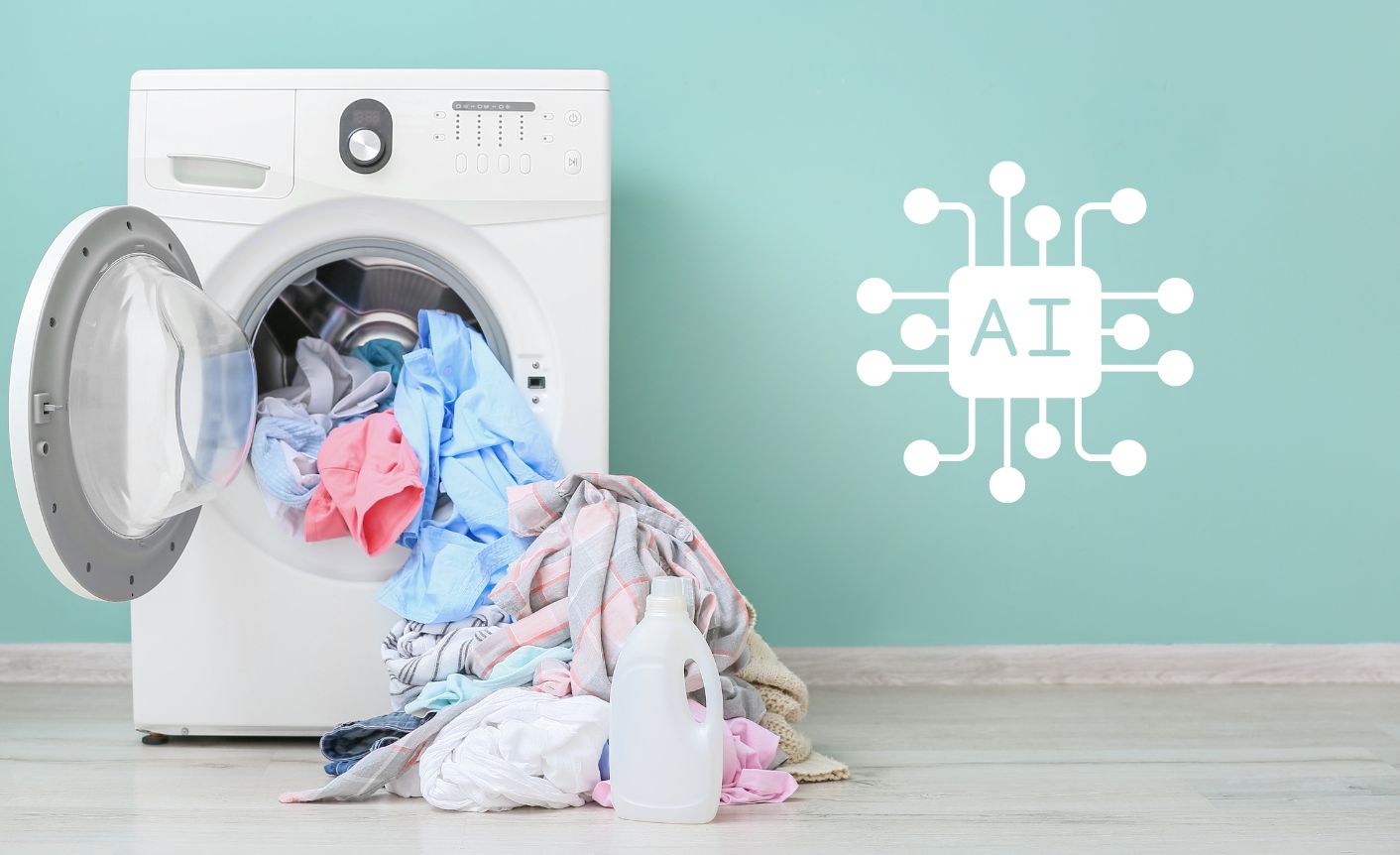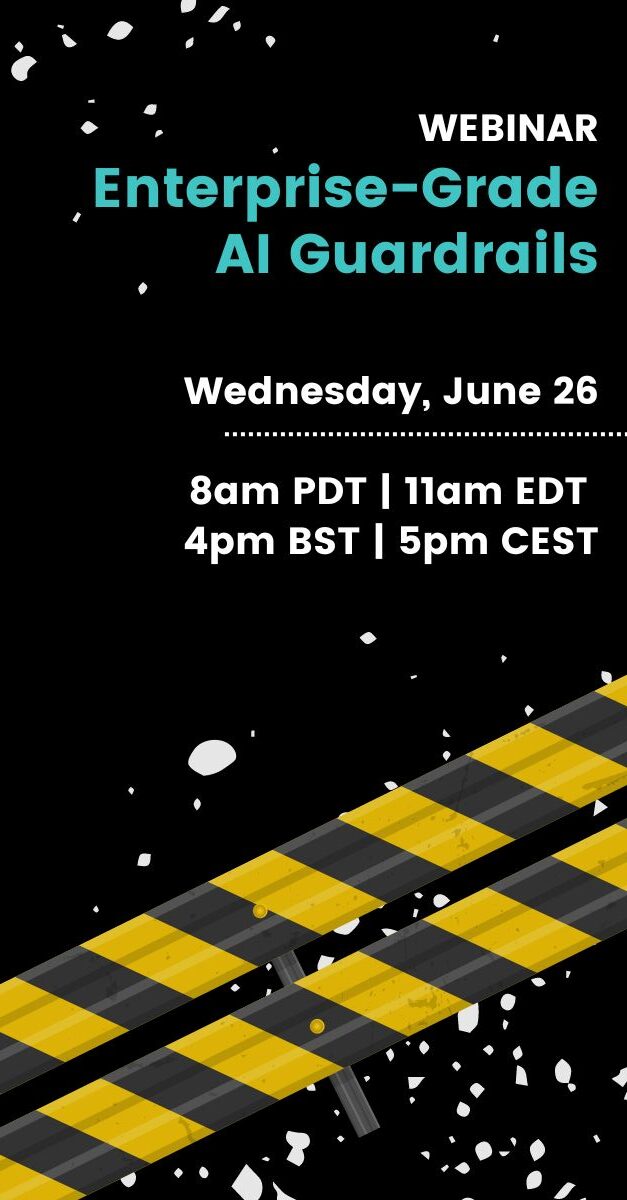The AI gold rush
Every organization in the world is exploring ways of how to incorporate Artificial Intelligence (AI) into their business workflows. Those that embrace AI are considered more innovative — having a distinct edge over competitors.
As governmental legislation looms on the horizon for protecting people against the potential harms of AI, it must also consider protecting customers against misleading statements of purported AI use too. That’s where the term “AI washing” comes in.
What’s AI washing?
AI washing (similar in principle to “greenwashing”) is a tactic organizations use to exaggerate the amount of AI technology is actually in their products. The intention behind this exaggeration is to capitalize on the global attention and interest in AI and to present products as more advanced than they are in reality. In essence, AI washing is when organizations make false or misleading claims that deceive customers and investors, for the benefit of being associated with an exciting technology like AI.
Why would organizations want to AI wash? Not only do AI companies attract more buzz, but they also attract more investment. According to Forbes, startups that mention ‘AI’ attract 15 to 50 percent more investment than those that don’t. AI washing falsely capitalizes on the opportunity presented by the association of AI being in your product.
And there are real-world examples of AI washing taking place — and being punished. As Fortune reports, the Securities and Exchange Commission (SEC) is cracking down on AI washing. In March, Gary Gensler (Chairperson of the SEC) charged two companies with AI washing to protect investors from disingenuous marketing claims. Both companies, Delphia and Global Prediction, made “false and misleading statements about their purported use of Artificial Intelligence.”
The impact of AI washing
These charges come at a critical juncture as pending legislation and regulatory scrutiny intensify to shield consumers from potential misuses of AI. The SEC fines underscore a growing mandate against deceptive marketing practices that exaggerate AI capabilities.
As AI technology continues to develop, it seems only logical that AI washing will become more prominent. Acrolinx CEO, Volker Smid, points out that “Companies should navigate the road ahead with caution. The gap between actual AI implementation and exaggerated marketing not only elevates the risk of regulatory non-compliance, but it also jeopardizes trust – the very foundation of customer loyalty and affinity. As competition of AI technology intensifies, it’s imperative for organizations to maintain the integrity of their claims surrounding their AI use to mitigate financial and reputational damage.”
But when it comes to buying AI tools, how can you avoid getting caught up in AI washing? We’ve compiled a list of questions to consider below.
The right questions to ask when buying AI applications
Now, more than ever, you have to be critical and considerate when buying AI products. Whether that’s determining if something is an AI or generative AI product (yes there’s a difference) or inquiring about how a large language model (LLM) has been trained.
The main question you need to ask is: What is the core technology and architecture used to build the AI product or service? This is what determines whether or not the company has used AI washing in their marketing materials. From there, you should get a sense of the AI credibility the organization has.
Beyond that initial question, you want to explore more about how the product was built, what data is required to ground the product to your needs, and how you can best use it. For example:
- What data is required to train your AI?
- What processes do you have in place to make sure the product has been trained ethically?
- How does the AI model support compliance and accuracy?
- Where does the AI provide the most performance in workflow applications?
- How customizable is the AI?
- How secure is your data?
- How does the AI integrate into your established tools and software?
It’s also important to always include the IT and legal teams in your AI buying process. Your IT team should be able to help you determine if the product actually uses AI or just claims that it does. They’ll also be able to help with their technical knowledge and know-how if you request evidence from the company about how it uses AI in its product.
There’s no denying the vast potential of AI-powered tools to drive workplace efficiency and productivity. But despite crackdowns on AI washing, critically assessing what you’re buying is vital.
The upside of AI is exponential
The exciting thing is that once you find a powerful, helpful AI tool, it will transform your business for the better. Take Acrolinx — born out of the German Research Center for Artificial Intelligence (DFKI) — we’re the ultimate enterprise content insurance policy and AI runs deep in our DNA.
Our AI-powered content governance software captures and digitizes your style guide to make your writing standards, standard. Regardless of whether humans or generative AI write your content, we match it to your content standards. Our latest AI capabilities accelerate the ideation, writing, and editing phases of content creation. We also harness automation and analytics to safeguard your business from risky content and to incorporate performance insights into your content creation process.
Needless to say, when a company honestly uses AI, it has massive efficiency and productivity gains for your business. Watch this video to see how Acrolinx harnesses AI to help you create and maintain enterprise content.


